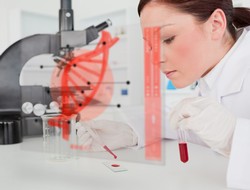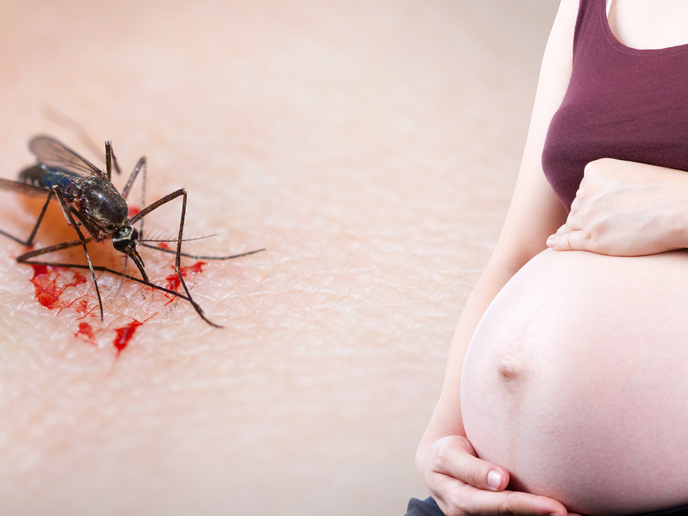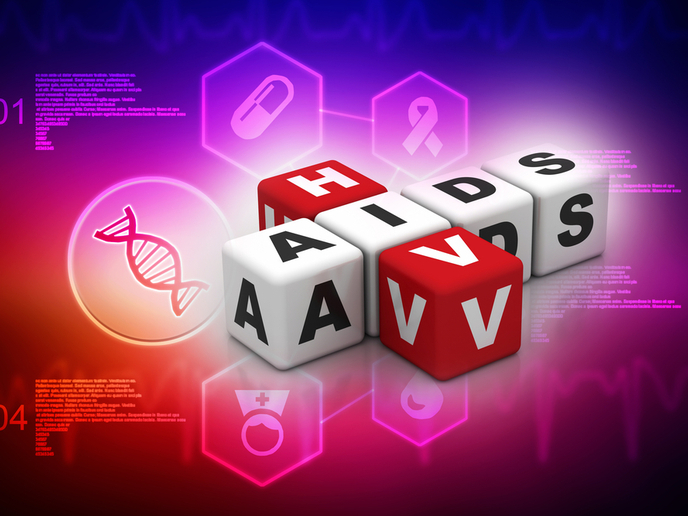Training tomorrow's top infectious disease biologists
The complex bidirectional interplay between pathogen and host involves many cells and molecular pathways. The outcome of this interaction, namely immune control or disease development, is influenced by additional factors including the condition of the host. The urgent need for measures against infectious diseases is illustrated by their heavy toll in developing countries, but also by the threat of re-emerging old diseases in industrialised countries. New vaccines or novel strategies to combat infections can only emerge through collaborative work and high level training of the next generation of researchers. The scope of the EU-funded EIMID ITN(opens in new window) (European initiative for basic research in microbiology and infectious diseases) project was to train ten early stage researchers to join the next generation of world experts in the biology of infectious diseases. Ten researchers were trained in interlinked projects that investigated the mechanisms of host-pathogen interaction. The focus was on invasive bacterial infections such as meningococcal disease, bacterial diarrhoeal diseases and HIV replication. During the three-year training programme, early-stage scientists investigated how various metabolic antigens expressed by non-typeable Haemophilus influenzae could be used for vaccine development. They studied the role of surface proteins in Staphylococcus aureus pathogenesis, the replication of Streptococcus pyogenes and the virulence of the bacterial pathogen Listeria monocytogenes. Other projects focused on the investigation of the role of immune cells in diseases such as pneumococcal infections and Neisseria meningitidis. Further analysis of host cell functions in viral and bacterial diseases unveiled essential determinants of viral replication as well as anti-bacterial factors produced by the gut epithelium. These top-level scientific projects were accompanied by additional training measures such as participation in skills courses, scientific seminars, meetings and congresses. Collectively these activities have shaped the scientists of tomorrow with invaluable knowledge and the ability to tackle infectious diseases in the future.







